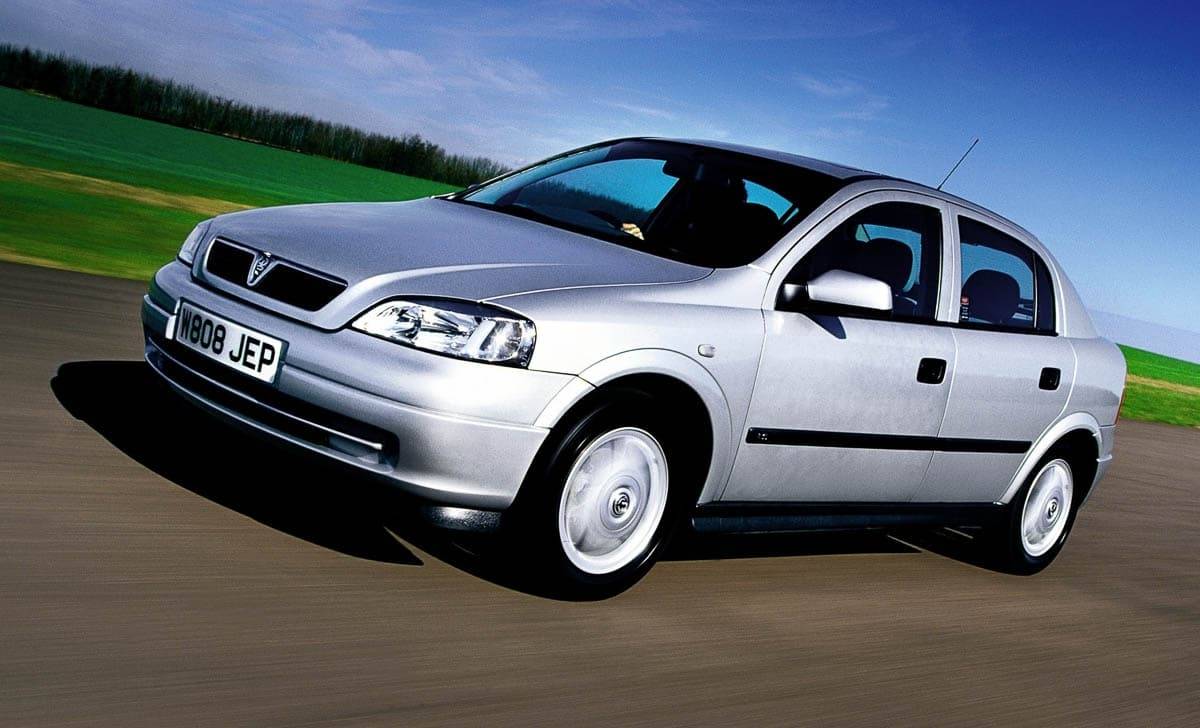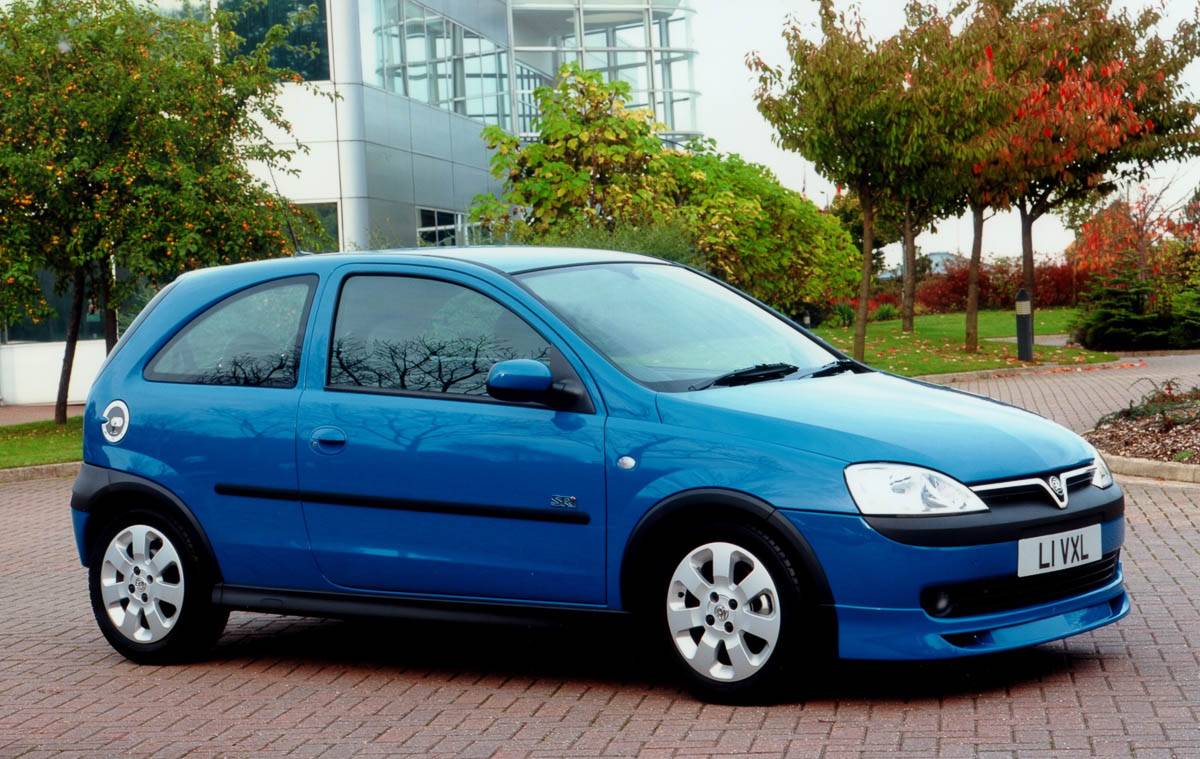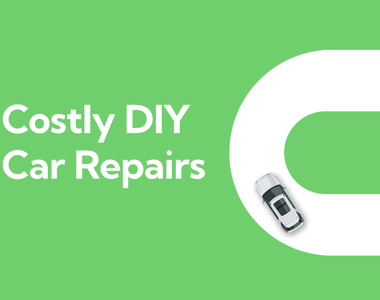The Car.co.uk team collect a vast range of cars either to scrap or to contribute to the circular economy, but what are the most scrapped models? Mark Smyth looks at the numbers.
Whether it’s due to an MOT failure, because you’ve suddenly found yourself living in a low emission zone or because an automaker or dealership has offered you loads of money for it, plenty of people are choosing to have their car scrapped these days. The average age of a car being scrapped through Car.co.uk has risen to 16 years, showing many are holding onto their cars longer, something that could be good for the circular economy and the environment. But what are the most scrapped models and are we seeing the impact of local and national government policies in the type of cars being given a send-off?
Vauxhall on top
It probably won’t surprise you to find that the car being picked up the most by Car.co.uk for possible scrapping is the Vauxhall Astra. One of the UK’s favourite cars, it has been with us through eight generations since 1980. There are hundreds of thousands of them on our roads with a new one having just being launched. Of course there are some rather special ones that we all want to see saved, like the Mk 1 GTE but many are your regular rep mobiles and daily runabouts that have done their time.
At the risk of sounding like a 1990s Top of the Pops presenter, in at number two is the second big hit from Vauxhall, the Corsa. Technically the Corsa started out as the Nova as it was the Opel Corsa in Europe, but we’re only talking cars with a Corsa badge here and we’ve seen loads of them traded-in under scrappage schemes. Given how cheap older ones are to buy, they’ve also become the disposable used car for many.
If you’re wondering where Ford is then wonder no more because in at number three is the popular Ford Focus. It has been a regular best seller from another of Britain’s favourite brands, which means there are loads of them, although good condition early models are becoming quite sought after.
Rounding out our top four is another Ford, the Fiesta. It’s been part of our lives since the 1970s and while the first generation ticks the classic car box these days, later models from the 1990s and early 2000s are easier to let go of.
Diesel owners saying their goodbyes
This brings us to the matter of petrol and diesel. The introduction of low emission zones in cities like London, Bath and Birmingham as well as their imminent introduction in other cities such as Bristol and Newcastle, has forced many to have to get rid of older models that don’t meet the new emissions targets. Just twelve months ago, the majority of cars being scrapped were petrol, accounting for 85% of all the models collected, but in just one year that has all changed. Diesels now account for 28% of all cars scrapped and while it’s speculation on our part, it’s likely that this reflects the expansion of London’s Ultra Low Emission Zone (ULEZ) which happened in 2021.
Officially the UK government no longer has a scrappage scheme like it did in 2009, but many dealerships and some automakers still do, including Kia and Renault. Birmingham City Council also has a scheme in operation with up to £2000 offered if you scrap your car and buy a model compliant with its new clean air zone (CAZ). This is subject to you buying a CAZ-compliant vehicle of course and with the ban of sales of new petrol and diesel cars coming in 2030, many are using these deals to switch to an electrified or pure electric vehicle.
Saving the best and saving the environment
Not all cars collected go to the big scrapyard in the sky though. If it’s been collected under a scrappage scheme then there’s very little choice as a certificate of destruction will be required, but many are saved to be given a new life. This includes models like that a rare Fiesta RS which now has a new home. Other models that the Car.co.uk team have collected that will have enthusiasts salivating including plenty of Volkswagen Golf GTi hot hatches of all generations.
Not all are desirable classics but many that are saved become part of what is known as the circular economy. You’ll be reading much more about this in the coming months as we delve more into what it means and the role Car.co.uk plays in it. Essentially it’s all about either prolonging or giving new life to cars and components as we all do what we can to minimise our impact on the environment.
Written by Mark Smyth









